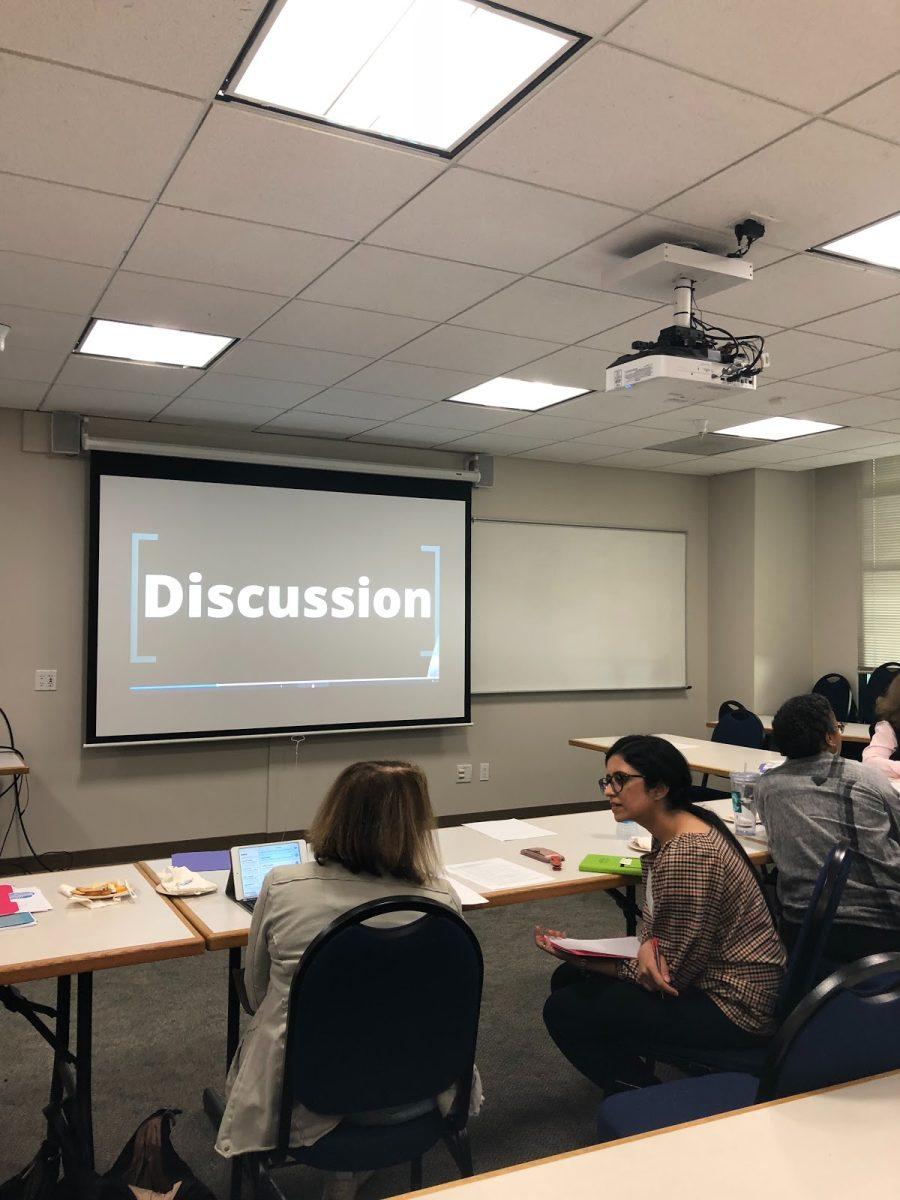Service Learning is a topic that comes into play every year at Sonoma State University, and for teachers, it is time to decide if it should apart of their classroom environment.
Tips and Trends is a resource for students and teachers put on by Merith Weisman and Caroline Banuelos from the Center for Community Engagement (CCE). This year’s topic was service learning and how it can be incredibly beneficial to students in their years here for college.
For many who don’t know what service learning is, it can be best described as, “the opportunity to do what they are learning in the class through experiential education,” said Weisman. While it is not an internship, it can deliver the same sort of satisfaction and experience one can receive through an official one.
A VISTA (Volunteers In Service To America) and Sonoma State alumni, Elizabeth Villasenor’s main job at the CCE is to be the liaison between Sonoma State students and service learning projects. She too was introduced to service learning from her time in the classroom and is now working in Santa Rosa, taking part in the Neighborfest program.
“I feel that service learning is an important experience students should have all throughout out their lives, that means learning never ends,” said Villasenor. “Especially when it’s integrated into their classes and it’s relative to the material they are learning.From my experience as a sociology major, it can be difficult to separate what we have learned from our socialization to what people truly experience.”
Students can expect to start seeing a lot more of service learning as it becomes integrated into classroom curriculum. The goals include having students provide relevant and meaningful service in their community, increase their academic learning and inspire a lifelong love for civic learning.
“I would say, it takes the classroom beyond the text and takes us outside of our comfort zone,” said Villasenor. “You can expect to spend time outside of the classroom in new places and learning about your community. Another thing to understand is that service learning is not community service.”
Another VISTA who attended Sonoma State is Susannah Littlewood, who graduated in May 2018 with BA in cultural anthropology. She explained her role: “VISTAs are all about supporting agencies that are working to end poverty. So, I work with Community Action Partnership [CAP], a non-profit that provides services to low-income folks in Sonoma County.”
Giving back to her community is something Littlewood has always felt to be an important role in her life. Because of service learning she is now inspiring other students to do the same.
“CAP is essentially a hub for a bunch of different programs that all work together to help people get out of poverty,” said Littlewood. “We don’t like to say that we “empower” people, because people are already powerful. We just provide resources to people.”




































